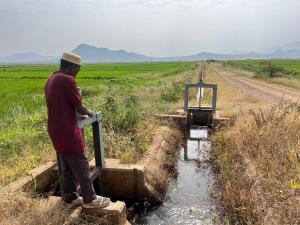Test project Heidi
In the spirit of life long learning
Testproject DM
Welcome to Daniel's testproject
Test project Pesticides and Protection Tanzania
testing out building a project
Main argument
Anonymous (not verified)pece_annotation_1478457359
wolmadThe article diuscusses the sociopolitical factors effecting populations who were exposed during the chernobyl disaster. It looks at effected population's access to healthcare, and government interventions effecting the post disaster recovery, resettlement, and healthcare. The article establises that there is an entire society built up in the chernobyl effected community which people are entirely dependant on health care systems and the politics governing them take the prescident over many other issues.
pece_annotation_1472673547
wolmadThe reference section of this article tells us about the type and number of sources that information from this article was drawn from. This article's research was drawn from a mix of online and print sources, consisting of international policy, agency reports, previous peer reviewed research articles, and news reports.
pece_annotation_1478974349
wolmadThis film suggests that physicians should learn to honor and accept that they need to assist terminal patients to accieve their last desires in whatever time they have. It suggests that doctors could learn alot from palliative care practitioners in how they help patients accept their fate and assist them through the dieing process.
pece_annotation_1473274283
wolmadData for this article was gathered from previous studies done by health organizations in Boston, Baltimore, Hati, and Rawanda. He also references peer reviewed publications for more background information, and recent work by the PIH in Rawanda.



the rice irrigation scheme, Pare Valley, Tanzania